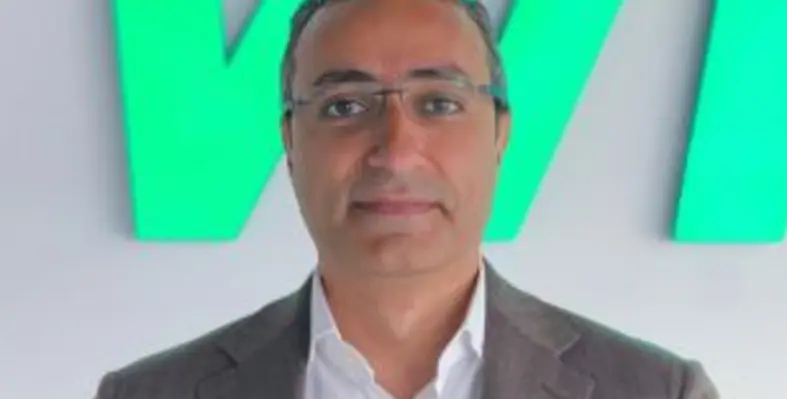Wilo’s MENA group director and managing director for UAE, Yasser Nagi, discusses ways to make the most out of the limited water resources in the region
The Middle East has been facing several challenges with its water supply due to the region's arid climate, limited water supplies, and rapidly expanding population, all of which have put tremendous strain on the water management systems
Recent technological advances, however, have given the region an upper hand in addressing these challenges and moving towards a more sustainable and resilient future. One of the most innovative technological approaches to addressing the Middle East's water shortage is desalination. The MENA region is home to more than 50% of the world's desalination capacity, with Saudi Arabia and the UAE having the largest desalination facilities.
Smart water networks represent an important technological advancement with great potential for effective water management in the Middle East. Smart water networks can optimise water consumption and decrease waste by integrating sensors, data analytics, and real-time monitoring.
These networks can also detect leaks and other issues in the water supply system, allowing for quicker response times and reduced water loss. Besides that, smart water networks can provide valuable data on water usage patterns and assist in identifying water conservation opportunities.
One example of a smart water network in the Middle East is the Dubai Electricity and Water Authority (DEWA) smart water system. The system uses real-time data to monitor water consumption and locate leaks, resulting in an estimated 10% reduction in water loss. In addition, artificial intelligence (AI) algorithms are used to optimise water flow and pressure, which further reduces waste and increases efficiency.
The list also includes cloud seeding, which is the process of dispersing substances into the air to promote precipitation. This is a significant method that is being explored as a promising solution for the water shortage in the Middle East. Although controversial, cloud seeding has been used to increase rainfall in several regions of the world.
The UAE government has also made investments in cloud seeding technology as part of its key initiatives to address water scarcity. Reusing and recycling water is another strategy for addressing the Middle East's water crisis. Various industries can benefit from this practice by reducing demand on freshwater resources and using wastewater as a sustainable water source.
As a result of recent improvements in wastewater treatment technology, the procedure is now both efficient and affordable, making it a viable solution for the region. The Jebel Ali sewage treatment plant in Dubai, which reuses wastewater for irrigation and landscaping, is a prime example of water recycling practices used in the Middle East. The facility can treat up to 300mn gallons of sewage each day, offering the city's parks and green spaces a reliable source of water.
It is evident that these technological developments promise hope in resolving the water management problems faced by the Middle East. The region can progress towards a future with more resilient and sustainable water supplies by continuing to invest in and implement these technologies.







